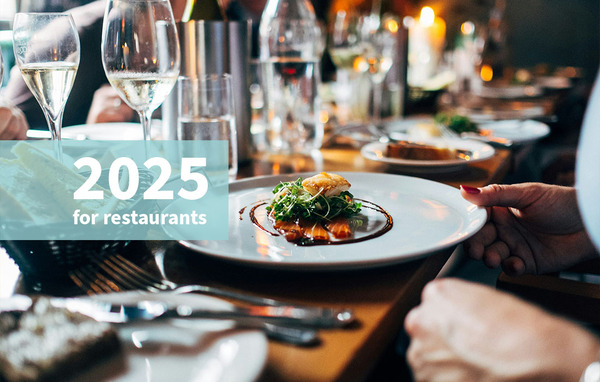How to find the perfect person for the job
Here are 10 tips for recruitment and on how to set up the perfect interview to enable your interviewee to shine, says Emma Alexander
It’s very much an employee’s market; job vacancies are at record levels, the likes of which haven’t been witnessed for a long time. Would-be employees are conscious that the pendulum is swinging in their favour, so the interview experience is of vital importance in deciding whether or not the candidate is happy to consider joining your organisation or not.
Interviewing skills are now playing a more significant role than ever before when seeking that elusive candidate. These handy tips on how best to conduct a successful interview will help the interviewer not only find but also secure, the right person for the job in question.
1 Success is in the advert
Not enough organisations put the required thought into their advertisements, but the advert itself is the key driver that can either attract – or deter – the right candidate. Think of it as your shop window – it really needs to stand out from the crowd. Make sure it’s relevant to the job you’re advertising: include not only the hours, the salary scale and working patterns, but also the hugely important element – your organisation’s culture.
2 Break the ice
Many candidates find the interviewing process daunting. A good idea is to call them before meeting them. This allows you to get a feel for their communication style, and is also a good opportunity to sell the team in which they will be working – and the wider business, too – before they even come through the door. It also helps to put candidates at ease.
3 Question time
Make sure you are prepared and have a list of relevant questions – not just the run-of-the-mill interview questions. You need to come across as both knowledgeable and confident, as well as genuinely interested in your interviewee.
4 Be answer ready
Be ready and eager to answer their questions. You are the business’s ambassador, so make sure you know about the department in which the interviewee will be working and that you are thoroughly briefed on the overall business.
5 Your personal appearance
Your own appearance sets a standard. If you’re not presenting a smart image, you can’t expect the candidate to follow suit. This is particularly important for junior candidates, who are looking to senior management for direction and guidance. That said, appearance and dress shouldn’t be a barrier to attracting the right candidates – you certainly don’t want prospective employees to be put off or to feel intimidated. The best strategy is to be clear up front about the dress code required for the interview.
6 Read your audience
To help a candidate to get through the interview as well as they possibly can, read their body language. Are they nervous? If so, try to put them at ease – some small talk works wonders and you’ll get much more out of your candidate if they feel comfortable in your company.
7 Interview setting
Where you interview the candidate plays an important role in their performance. For junior candidates, try to create an informal ambience, as this will help them to relax and will get the meeting off to a good start.
8 Encourage and engage
Interviews are not about putting candidates on the spot unnecessarily. Aim to encourage and motivate them with positive affirmations. A smile goes a very long way!
9 What’s the job description?
Make sure the job description is clearly set out so the candidate understands exactly what they are potentially signing up to. This is an opportunity to let them know that your company can help to develop their skills, that you offer training, and that their career prospects are good.
10 Will versus skill
Attitude is an important factor when it comes to a candidate’s work ethic; although they may possess the right skill set, they might not have the right attitude. Try to ascertain if they have the will to succeed, and whether they have the right attitude for the hospitality industry; it could well make the difference between employing the right or the wrong candidate. Skills can be taught, but having a positive attitude is the very best starting point.
Emma Alexander is head of Elite Hotels’ personnel and development department at Tylney Hall hotel
Photo: Christina @ wocintechchat.com/unsplash




















